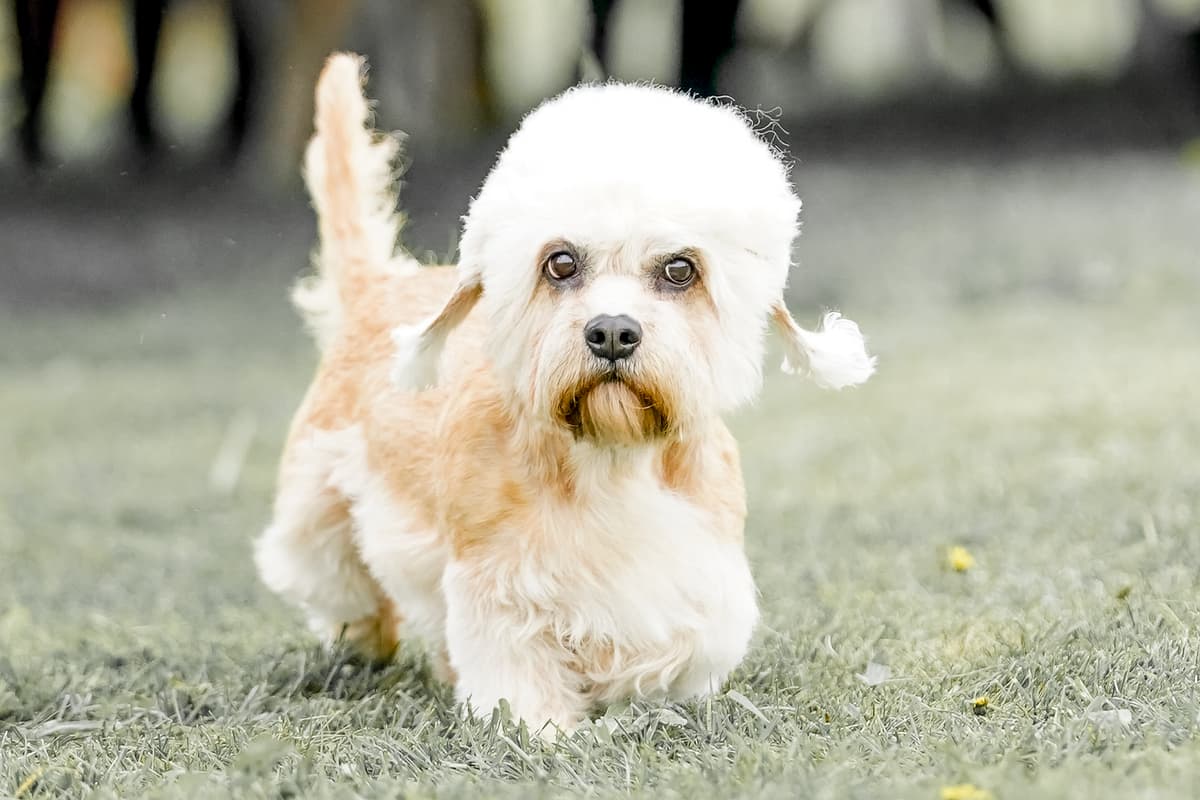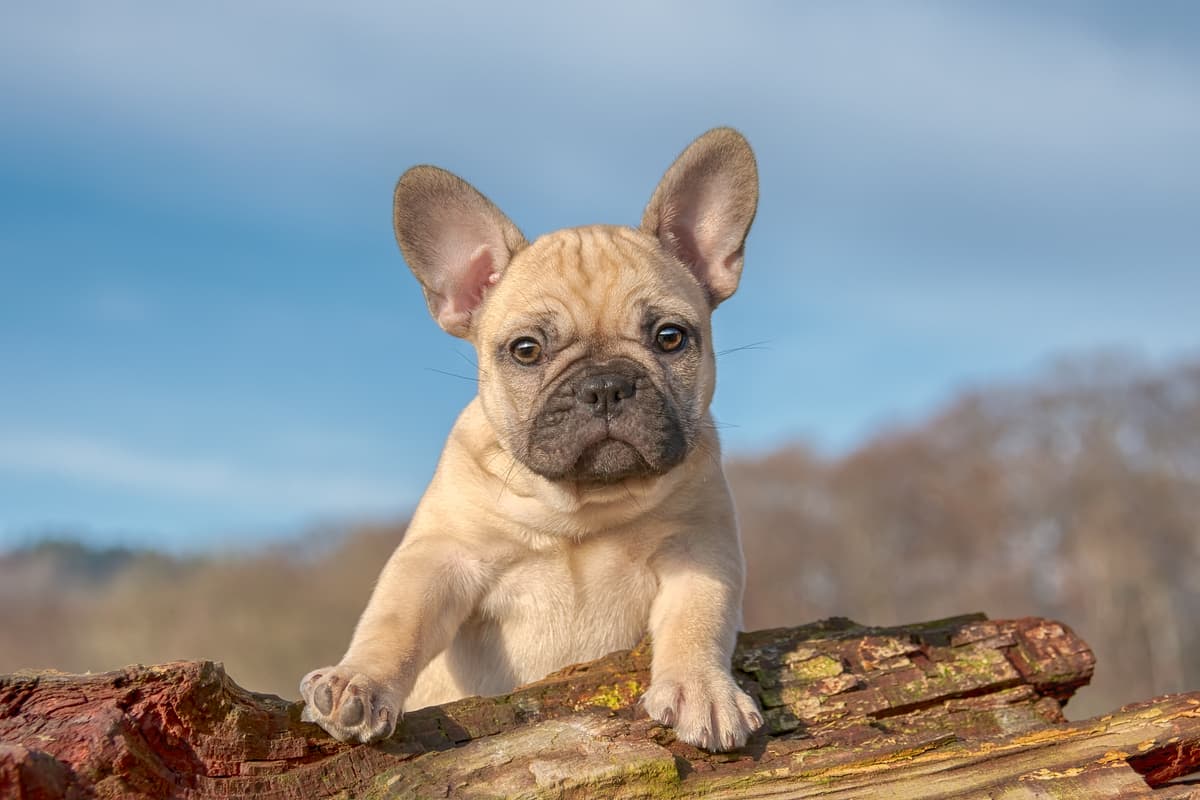Dandie Dinmont Terrier vs French Bulldog
Discover the differences between Dandie Dinmont Terrier and French Bulldog to make the best choice for your situation.
Try different breeds

Dandie Dinmont Terrier
Distinctive with a long body and silky topknot, this affectionate terrier charms with intelligence and loyalty. Adaptable and alert, it thrives as a devoted companion.

French Bulldog
Compact, playful, and affectionate, this breed charms with its expressive face and easygoing personality. Ideal for city living, French Bulldogs make steadfast companions and loving family pets.
Quick comparison
Small
8–11 kg
Crisp topcoat, soft undercoat
12–15 years
8–11 kg
Moderately active
Small
9–13 kg
Short, smooth
10–12 years
8–12 kg
Low activity needs
Personality & behavior
Compare the personality traits and behavioral characteristics of both breeds.
Dandie Dinmont Terrier
Generally sociable with family and familiar people
Quick learner, responds well to training
Moderate exercise needs, not overly active
Enjoys games but not constantly playful
Adjusts well to new living situations
French Bulldog
Affectionate with people and enjoys companionship
Learns routines quickly but can be stubborn
Prefers short play sessions and moderate walks
Enjoys interactive games and gentle roughhousing
Comfortable in apartments and various environments
Care needs
Exercise, grooming, and daily care requirements
Dandie Dinmont Terrier
Intervertebral disc disease, glaucoma
French Bulldog
Brachycephalic syndrome, skin allergies
Suitability
How well each breed fits different living situations and families
Dandie Dinmont Terrier
Good companion
Their affectionate, manageable nature suits first-time owners with moderate dedication
Very suitable
Small size and moderate energy make them comfortable in apartments
Moderately suitable
Enjoy walks but do not require intense activity or constant stimulation
Supervised only
Tolerate gentle children but prefer calm, respectful handling
Selective tolerance
Can coexist with other pets if socialized from puppyhood
Not ideal
Dislike being left alone and may develop separation anxiety or behavioral issues
French Bulldog
Great choice
Easygoing temperament and manageable size suit first-time owners well
Perfect fit
Quiet and compact, they adapt well to small apartments
Not ideal
They tire quickly and don’t match very active lifestyles
Highly suitable
Gentle and playful, they are patient with young children
Very friendly
Generally sociable and get along with other pets if introduced properly
Prone to anxiety
They dislike being left alone for long periods and may develop separation issues
Breed strengths
What each breed excels at and their best qualities
Dandie Dinmont Terrier
- Loyal and affectionate with family
- Good with respectful children
- Moderate exercise needs suit urban living
- Low-shedding, hypoallergenic coat
- Generally healthy and long-lived
French Bulldog
- Affectionate with families and children
- Adaptable to apartment living
- Minimal grooming requirements
- Generally quiet and not prone to barking
- Strong loyalty to owners
Challenges & considerations
Potential challenges and considerations for each breed
Dandie Dinmont Terrier
- Prone to stubborn, independent streak
- Early socialization essential for friendliness
- Can be reserved with strangers
- Back issues due to long spine
- Requires regular coat grooming and trimming
French Bulldog
- Prone to breathing difficulties due to flat face
- Sensitive to extreme heat and cold
- May develop separation anxiety
- Stubborn during training sessions
- High risk of obesity without portion control
Ready to choose your perfect breed?
Learn more about each breed or compare other breeds to find the perfect match for your lifestyle.
Discover more helpful tools
Make use of our other free tools to get the most out of your pet experience
